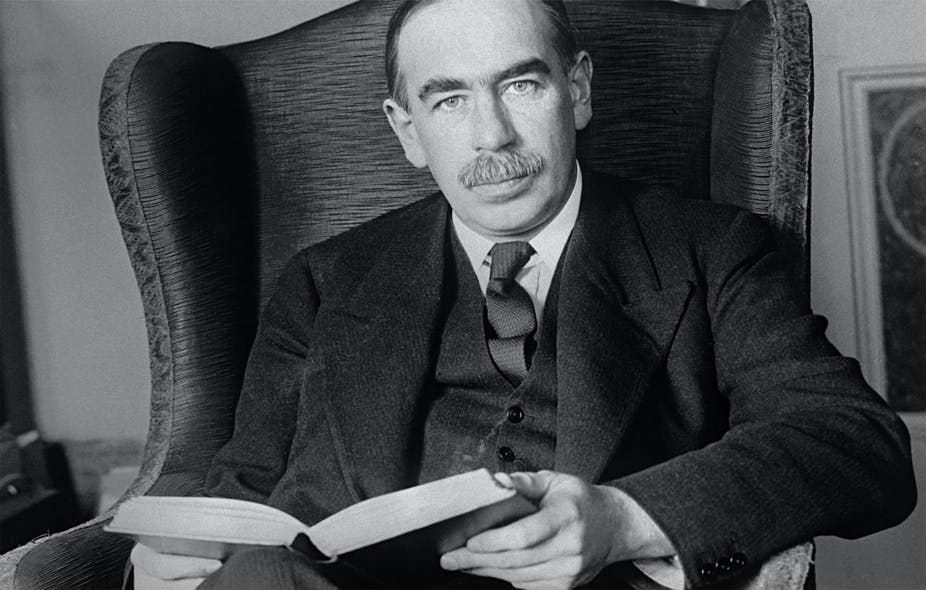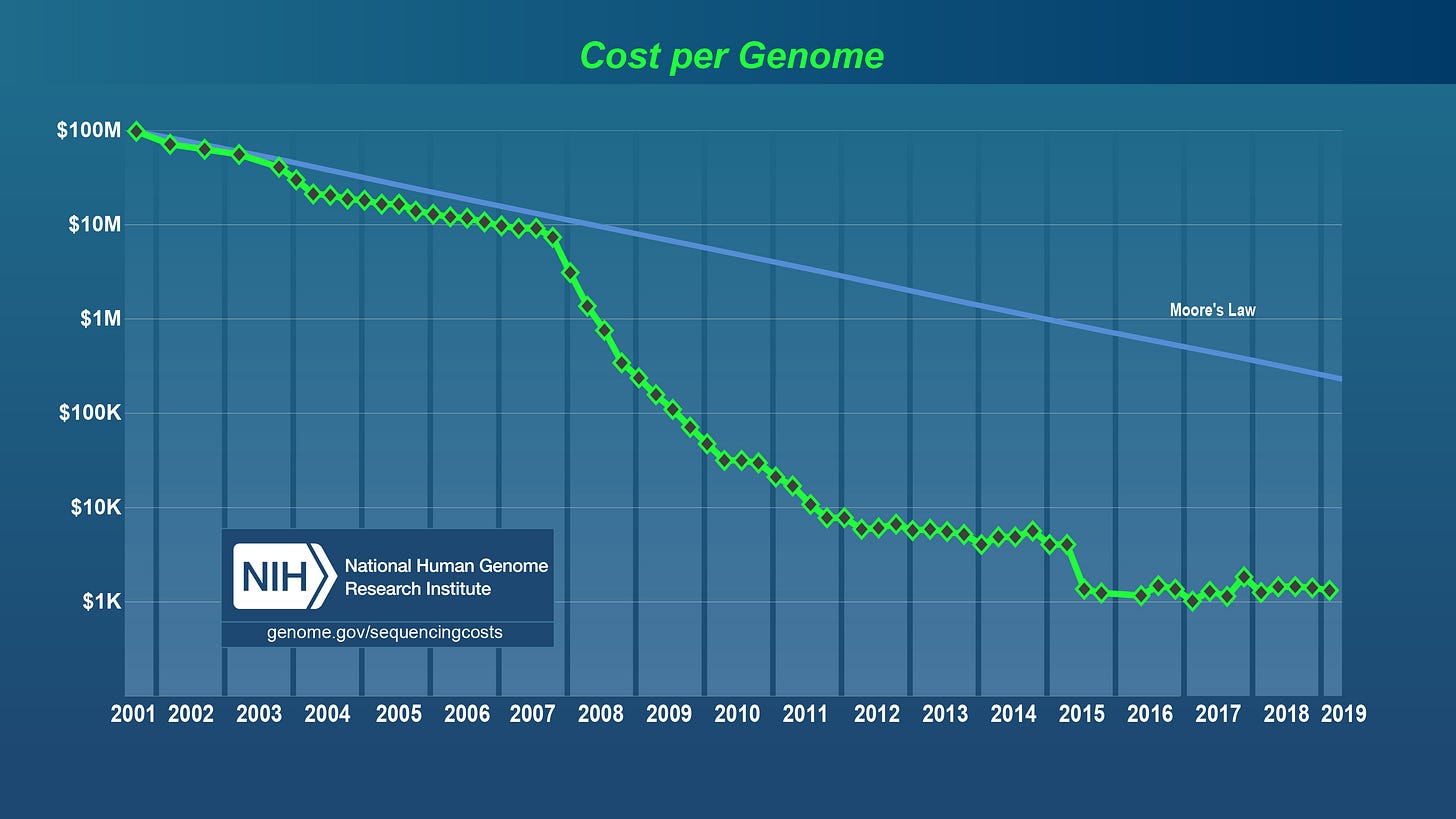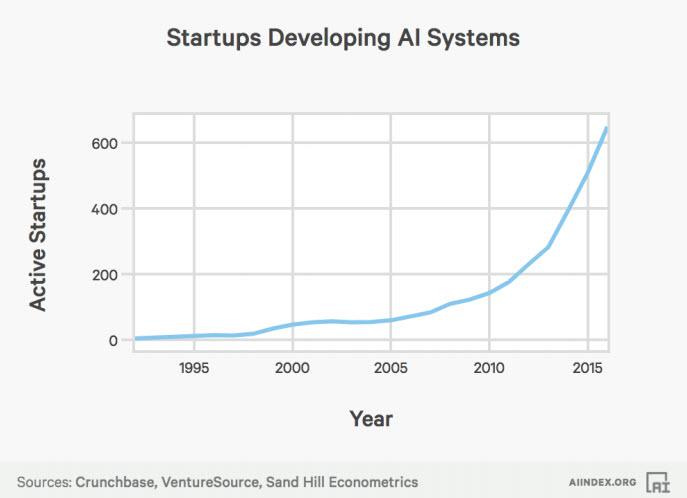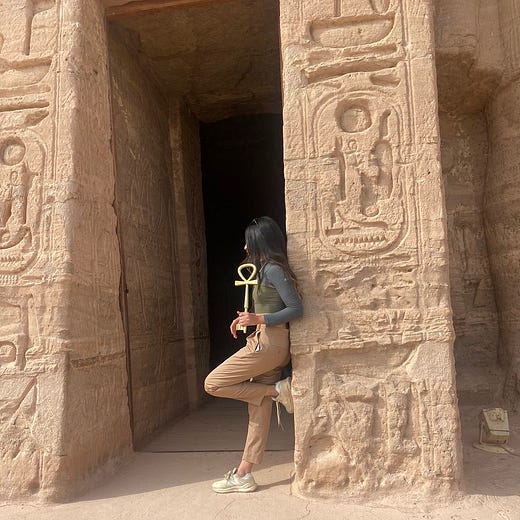Economic Possibilities for our Grandchildren 👵🏽
On technology's promise for the 21st century, and allowing more people to participate
Hi folks, Patrick Ryan here from Odin. We are building the ultimate tool for angel syndicates to invest together in private companies and funds, via SPVs.
Good morning,
I hope you all had a restful break. I spent mine in Portstewart, Northern Ireland. It was wonderful. I highly recommend visiting.
I also hope you didn’t have all your money invested in growth stocks, which have taken a real spanking the last couple of weeks.
For this first post of the new year, I’m going to discuss our “why” at Odin. For the impatient, here’s the tl;dr:
The 21st Century has the potential to be the most important period of value creation in human history. At Odin, we are on a mission to reimagine the way value is created and distributed.
Our first product lets you power your syndicate or launch an SPV. This makes starting a VC firm 100x easier than it was previously in Europe, with close to zero startup costs. We are FCA regulated and have all the necessary legal and payments infrastructure in place. You don’t need to be a member of our community to do this. The technology is available to anyone with a computer and a network of investors. Just click the link.
Why are we building this? Read on to find out…
In the 1930s, John Maynard Keynes wrote an essay called “Economic Possibilities for our Grandchildren”.
The opening lines, written almost 100 years ago, are a stark reminder of history's tendency to repeat itself:
"We are suffering just now from a bad attack of economic pessimism. It is common to hear people say that the epoch of enormous economic progress which characterised the nineteenth century is over; that the rapid improvement in the standard of life is now going to slow down – at any rate in Great Britain; that a decline in prosperity is more likely than an improvement in the decade which lies ahead of us."
This was written in the midst of the great depression. Today’s circumstances are not the same, but the narrative is not so different. We are becoming more unequal, we are destroying the environment, state funding for healthcare, infrastructure and academic research is drying up, growth is stagnant, big tech has everyone in a death grip, and - unless we are one of the chosen few - we'll be working even harder for less money (in relative terms) long into the future.
Keynes disagreed with this point of view. He predicted that advances in technology would be such that to produce all the food, shelter, and primary resources we need, we would only have to work for a few hours a week. The rest of the time, we would be engaged in the arts and leisure activities.
Today, there are techno-optimists too. Folks like Noah Smith and Balaji Srinavasan see utopia just around the corner. We are on the cusp of great breakthroughs in energy, computing, manufacturing and biotechnology. Anyone can start a company online. We have solved digital money. Tourists are going to space. The future has never shone brighter.
Here are some graphs to get excited about:
The costs to do interesting stuff are declining rapidly, and the number of people doing interesting stuff is exploding.
Now, last time around, Keynes turned out to be right in many ways, but wrong in others. In developed economies, goods and services are indeed abundant. In the USA or Europe, you’re more likely to die because you’re too fat than because you’re starving. But at the same time, most of us work just as hard as we always did in jobs we don’t really like, and, as I wrote in Elite Overproduction, it is abundantly clear that financial inequality is worsening in relative terms.
We are once more at a pivotal point in history. Sam Altman and Azeem Azhar have both written excellent work (Moore’s Law for Everything, Exponential) on the opportunities and dangers ahead.
Basically, the gap between what is possible with technology, and the ability of our culture and policy to keep pace is widening. We need to bridge this.
As Sam writes on AI:
This revolution will create phenomenal wealth. The price of many kinds of labor (which drives the costs of goods and services) will fall toward zero once sufficiently powerful AI “joins the workforce.”
The world will change so rapidly and drastically that an equally drastic change in policy will be needed to distribute this wealth and enable more people to pursue the life they want.
If we get both of these right, we can improve the standard of living for people more than we ever have before.
Now, “getting this right” can seem like a mammoth task.
However, at its core, I think it’s simple.
It’s all about values. These values are already well known to us. They exist universally. We are born with them.
Be honest, be kind, do not judge others, let everyone express themselves as they wish, help those in need. But also be firm, work hard, serve your family, be committed and take ownership. Basically, love.
Or as Google used to say, “don’t be evil”.
This isn’t something you’ll find investors, business people or politicians talking about a lot. Power appeals to the darker side of our nature. We begin to compromise on our values.
The new technology we will have access to this century will make mankind into gods. If this power is not managed appropriately, it’s not going to be pretty.
But if we get our values right, the opportunities are endless. You see, the internet makes things a bit different. It might sometimes reward divisive behaviour, but it mostly encourages collaboration. New Power is open, participatory, and peer-driven. It financially rewards the better angels of our nature.
As the Web3 kids say, WAGMI.
Whether you agree or not with the merits of the underlying technology, what Web3 has shown is that people are deeply aware of all of this.
It is the zeitgeist.
If we want Utopia, we must build it.
I don’t believe these solutions are likely to come from government. Nation states are large tankers that turn slowly. To navigate these waters, you need a speedboat.
You need to build a new system on new principles, and gather people who align with the mission.
We are on a mission to reimagine the way value is created and distributed.
The future of capitalism is multiplayer. The Exponential Age represents an opportunity to redesign economic systems to work better for more people.Our first product: launch an SPV or run your syndicate with Odin
We are starting our journey with the infrastructure for venture capital, the fuel of the exponential age. Launching a VC firm should be like running a Shopify website. The startup costs should be low, and people should be able to participate with small cheques. This lets more people participate in infinite games.This year: community growth, funds, marketplace
Our vision for the platform is radically community focused. It will include social features that make it easier to discover and connect with people likely to be useful to you, share ideas and collaborate.
We will be gradually onboarding people to the Slack community, but we are very conscious of maintaining the quality of the experience, so this won’t be happening fast. Your patience is much appreciated! If you think you deserve a fast track to the inside lane, reply to this email.
There will also be a marketplace to discover and invest in syndicates & funds (from both emerging and established managers). This will be powered by back-end infrastructure to run your syndicate or fund.
Longer term: collective intelligence
This is where things get really interesting.Historically, we have tended to organise ourselves and make decisions very hierarchically. Might makes right, and the strongest tend to control outcomes.
In a hyperconnected world, this is not necessarily the best approach. If we can collect more inputs from more people (and machines) and aggregate them, we can track who actually makes decisions that lead to good outcomes, and weight their inputs more heavily in the decisions we make.
There is extensive literature and research indicating that this works (see Superforecasting). Applied to startups and investing, it would mean more efficient capital allocation, and, ultimately more useful stuff being built faster. But the same principles can be applied to the way we fund academic research, give to charity or implement policy.
If you like the sound of what we’re building and you’re interested in being more closely involved, drop me an email.
That’s all for this week. Before I go, here’s something interesting, and something funny:
The Energy and Biotech Revolutions
The falling cost of clean energy (especially solar), animal-to-human organ transplants, brain-computer interfaces, gene therapy and a bunch of other reasons to feel optimistic about the future.
MTV Cribs, Egypt Edition
Cheers,
Paddy















